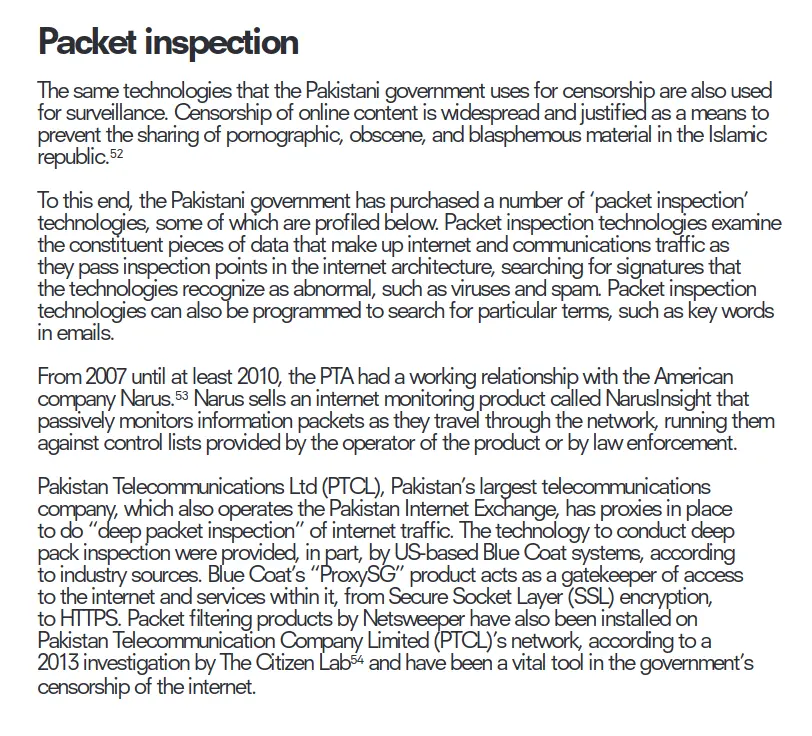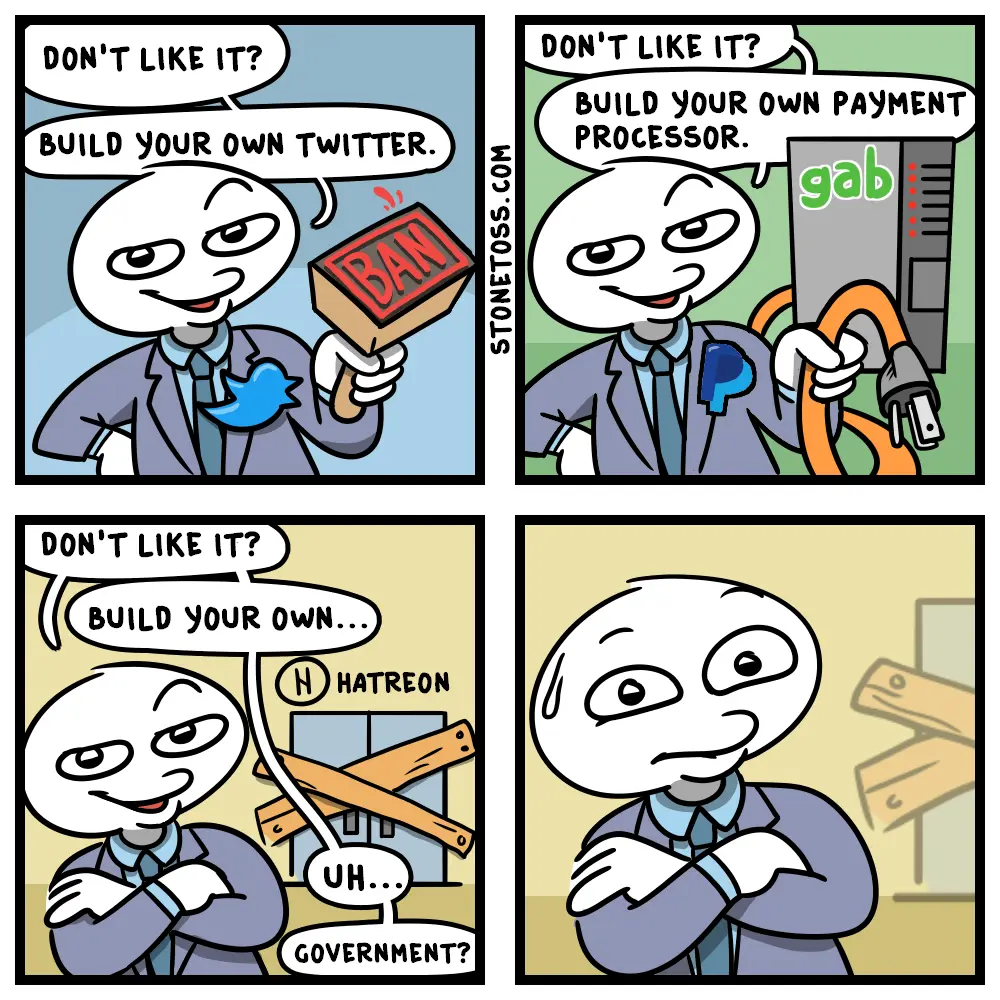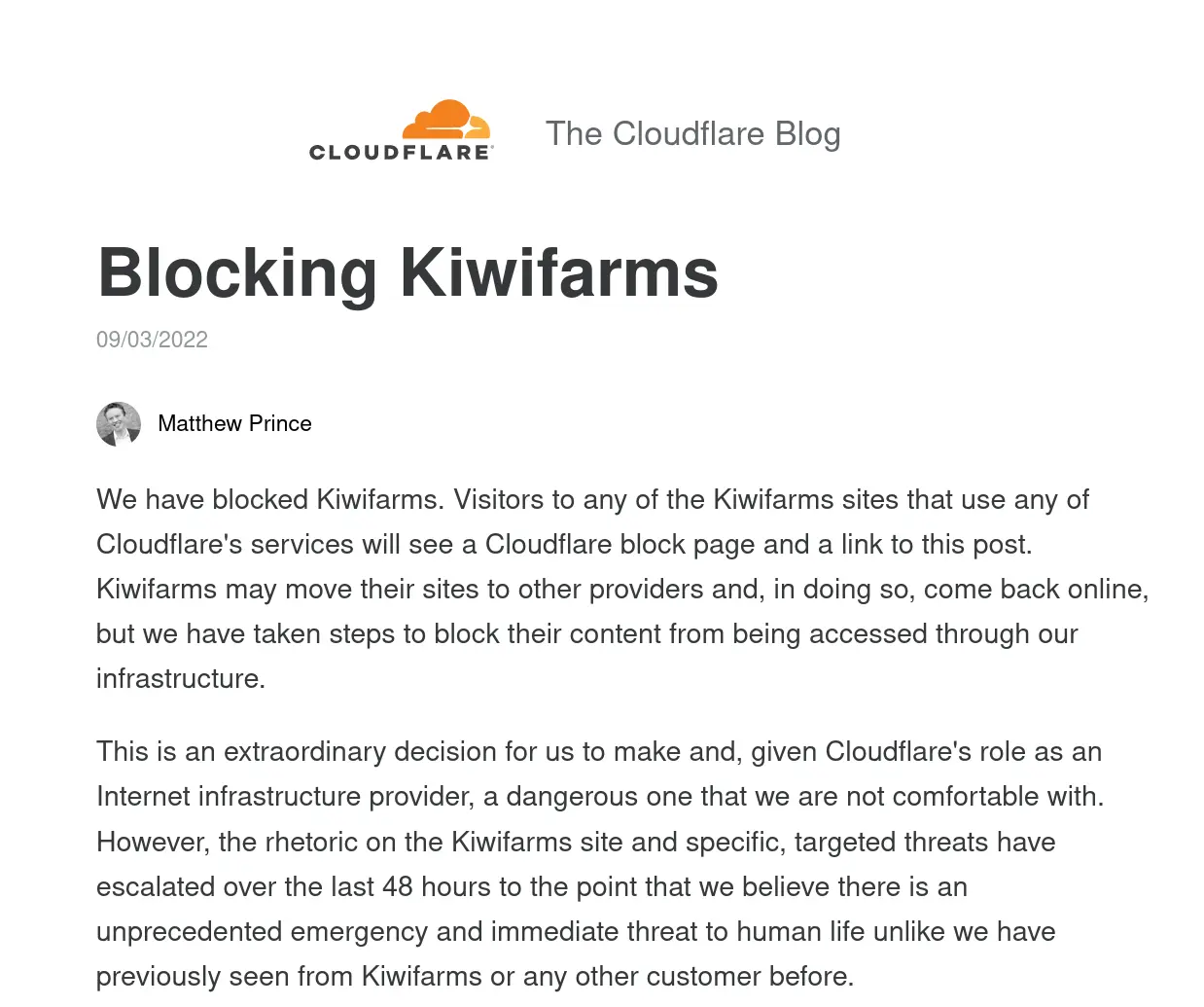Tools of the Technocracy: #9 Internet Shutdowns
By Gabriel
Published: Sep 03 2022
Tools of the Technocracy Series
Technocracy
Information Control
Voiceover
Web
Internet Shutdowns
Tools of the Technocracy: #9 Internet Shutdowns
The free and open web is an idea. It’s the idea that humanity can share a distributed (or entirely decentralized) information repository for free expression and open dialogue. So many great things would be outright impossible without the world’s information superhighway. The threats to a free and open web are legion, governments, corporations, and other malevolent entities are eager to control your access to information.
In the age of widespread tolerance for censorship, the term “net neutrality” is entirely forgotten. This is an important reminder that censorship is very much as social phenomenon as well as a technological threat. Controlling information is always about controlling people. Given complete control over what information one’s subjects have access to, that entity is their ruler regardless of the law.
Why Shut Down The Internet?
The internet can be a phenomenal equalizer; people have access to immense amounts of human knowledge and expression. Despite all the aspects of our digital world being leveraged against people, the Internet has many properties that are beneficial to humanity at large. It’s censorship resistant, and good valuable information can be relatively permanent.
The internet interprets censorship as damage, and routes around it.
I really like that quote, but I feel it misses the mark. People interpret censorship as an attack on their right to freedom of thought, and those people work to route around it. This is a nightmare for technocrats and tyrants of all walks of life. Professionals, academics, and bureaucrats don’t fear the public being able to use the Internet to learn their skills and replace them. Instead, what they truly fear is the public being able to use the Internet to expose them as frauds. Censorship is an attack on all people by attacking their very ability to learn, create and share.
The danger of internet shutdowns, in whole or in part, is the fundamental undermining of the people’s ability to peacefully find alternatives to serious problems. It is true that the Internet is used to surveil, control, and manipulate people. Those activities could very easily be deployed by these forces on their own separate networks & infrastructure, it just happens to be fairly convenient to use what is here already.
Whole Internet Shutdowns
Internet shutdowns are already a well-established phenomenon. Regardless of justification, whole internet shutdowns have drastic consequences on the people and represent an overt attack on their civil rights. By denying people’s ability to access information, and their ability to be heard by the rest of the world; you enable the worst actors to commit their crimes in the cover of darkness.
India leads total shutdowns globally. In 2021, the world’s largest democracy shut off its internet 106 times – more than the rest of the world combined. Hardest-hit was the conflict-ridden region of Jammu and Kashmir, which was subject to 85 shutdowns under the guise of containing separatist violence. The blackouts shut down Zoom classes for students, stopped doctors from communicating with their remote patients and crippled the banking system, causing mortgage holders to default on their loans. Apple crops rotted before they could be sold and businesses were paralyzed.
https://www.theguardian.com/technology/2022/aug/29/flicking-the-kill-switch-governments-embrace-internet-shutdowns-as-a-form-of-control https://twitter.com/jrotermund/status/1564158516327333889
Such a drastic measure is (outside of accident & sabotage) never taken lightly. Any trivial excuse for initiating one is almost certainly a lie. A government may blame a foreign adversary, but one has to ask: “Qui bono?”. Who really benefits from cutting off a nations public access to information, and to be heard from the wider world?
Partial Internet Shutdowns
While a whole internet shutdown could be localized in a small area, another option is altering the infrastructure to monitor, alter, or deny access to specific kinds of traffic. It is possible for unencrypted (or recognizable patterns) traffic can be filtered, throttled, or monitored. This means that specific kinds of services, like e-mails or uploads can be disrupted entirely.
Great Firewalls
When an entity has control of some parts of the Internet infrastructure there are all kinds of techniques that can be used to block access to sites and specific kinds of services. These “great firewalls” can also be used to block connections entirely from or to the outside world. From a strategic perspective, blocking isn’t the only option, surveillance is an incredibly powerful tool for hunting down dissidents.
The little padlock on your browser means the site is secure right? No. The only thing that little padlock says is that you have a direct encrypted connection to a server. Without inspecting the certificate itself and verifying with others you can’t always be sure you’re connected to the correct server.
This technology drastically reduces the amount and kinds of services you can trust. These insidious techniques can make it seem almost impossible to use the Internet securely and privately. Solutions exist, but one has to responsibly manage their expectations when it comes to trade-offs. It’s essentially an open secret that the Internet was developed for the purpose of being an all-encompassing surveillance grid. If humanity wants to maintain the information superhighway as a public good, we are all going to have to learn to be nimble and change our behavior to reform cyberspace.
Targeted Attacks
A broad internet shutdown is a desperate move. Strategically, it’s much more efficient to eliminate sources (and disseminators) of information that you want to restrict. This is exactly why the public at large must constantly be told why censorship has to continue. If people understood the true cost of censorship, no self-respecting person would tolerate it.
Cyberattacks
Sufficiently motivated adversaries with enough resources can make keeping a service online very difficult. Just as we are all mortal no service is fully attack-proof. The cost to fight a cyberattack is almost always significantly more than the cost to initiate it.
Denial Of Infrastructure
In a deeply troubling response, after both terminations we saw a dramatic increase in authoritarian regimes attempting to have us terminate security services for human rights organizations — often citing the language from our own justification back to us.
In ideal circumstances such restriction would be impossible. However, as long as the three primary resources of cyberspace (storage, computing power, bandwidth) are subject to the economies of scale; there will always be powerful incentives to rely on certain entities one-way-or-another.
Attacking The People
The people running any kind of site or service are just humans like you and me. They are mortal. Not only that, but they are vulnerable to smear campaigns, threats, and bribes.
The Infodemic
There is a high demand for people rationalizing censorship. Technocrats, tyrants, and social engineers of all kinds are all willing to pay handsomely for (or even fight for) the ability to control people’s minds. In today’s day and age, it’s completely laughable to believe that any of that power will be devoted at all for the people’s benefit.
Are there limitless lies on the Internet?.
Absolutely.
Are there mobs of angry people willing to do all manner of cruel things to others on the Internet?
No doubt.
Are there groups of people disproportionately targeted by all kinds of online abuse and manipulation?
Yes, 100%.
Is anyone, any group of people, or institution so entirely noble and wise that they can wield the power to control information justly?
Nope. Not now, and likely not ever.
Why?
This is a reasonable question to ask. It’s easy to imagine society can decide what forms of expression are most cruel, most egregious, most harmful and only limit sanctions on that. The unfortunate truth is that even if that is the case today, there is never a guarantee that it will remain that way. The “slippery slope fallacy” can’t be applied to events driven by exponential growth and decay. When abuses of power aren’t swiftly and harshly punished, future abuses aren’t just welcomed; they are incentivized.
Misinformation, Disinformation, Malinformation
These terms are thrown around so casually these days, attributed to so many things that it is hard to see them as anything other than thought-terminating-cliches.
Apparently they are supposed to mean:
-
Misinformation
Information that isn’t true but the people sharing it believe it is true
-
Disinformation
Information that isn’t true, even though the people spreading it know it’s false
-
Malinformation
Information that is actually true, but has “undesirable effects” (such as loss of trust in institutions, bank runs, scandals)
Ironically these terms themselves are actually quite dangerous ideas. They presume not just the desirability of information control, but also the outright moral necessity of it. That alone would be bad enough, but having seen how these labels are applied over the last two years. They are hardly used fairly at all. These terms are little more than smears by a desperate press that’s losing trust faster than they can say “Streisand effect!”.
Harassment
Human beings have a great capacity to hurt each other. The internet, like any other tool greatly enhances this. When someone doesn’t take absolute care to be anonymous there is little-to-nothing they can do to protect themselves from the ire of an irate mob, especially a well-financed and motivated one. This makes many people want to rush to suppress any hostile expression. It backfires all the time. Societal rifts need to be healed, not torn further and further apart.
Facebook can’t handle all the hate and abuse from people on their own platform, with the state-of-the art tools. While there may be financial incentives for Facebook to fan the flames, they fail to completely eliminate all kinds of criminal activities from their services. It is highly likely that suppressing all anger and hate is an impossible task.
This doesn’t mean that the hate has to continue to burn. Selectively suppressing anger and hate just fosters resentment and escalates the hate. Instead, empowering people to peacefully negotiate, separate themselves from, or simply accept differences in society can help. Raising tensions only serves to benefit those who have bad intentions or ulterior motives.
Automated Extremism
We are not just dealing with small groups of malevolent people. Automated tools exist to flood people with all kinds of inflammatory material. Simply lashing out at the people who are confused and angry is blaming the victims. Yes, they often beget more victims. Which builds a cycle of eye-for-an-eye’ing each other for a very blind world.
For those that are sincerely worried about extremism, or people indoctrinated with nonsense, remember that those people don’t exist in a vacuum. It is well understood that suppression doesn’t actually reduce those problems. We have seen over and over that all it does is inflame anger and drive people further underground. Exiling those people and demeaning their concerns is incredibly counter-productive.
The only reason to take the suppression approach is if there is some part of the associated discourse that you want to keep buried forever. If that’s the case I’m highly suspicious of your motives.
What can be done bout the anger and hate?
If you’re reading this, you’re already a curious and thoughtful person. This is the key to diffusing the conflicts in society. While we all have ways we can improve ourselves to be more charitable and understanding with others, you have to take time to be more outspoken to humanize those who are being attacked. Tessa Lena has a fantastic presentation on this.
Solutions for censorship resistance
Build Big
Nobody can tackle the full threat of internet shutdowns alone. It can be difficult to get people interested in collaborating until it happens. That said, everyone is going to wish that in a moment of an internet shutdown there is a flood of volunteers rushing to help get people back online immediately.
Democratization of internet infrastructure is vital. High-bandwidth long-range communications aren’t easy to build, but many of these challenged can be overcome with dedicated and talented people being supported.
What’s more powerful than too big to fail? Too small to shut down.
Power and control should be as distributed as possible. Instead of relying on heroes to have all the answers we all need to work on solutions that can scale beyond our self-interest and political division.
Useful Projects
These all require some degree of technical knowledge, but are highly worth exploring.
Sharing is caring!
Please send this post to anyone you think might be interested.
If you haven't already, don't forget to bookmark this site!
You can always subscribe with the RSS feed or get posts sent to your inbox via Substack.



